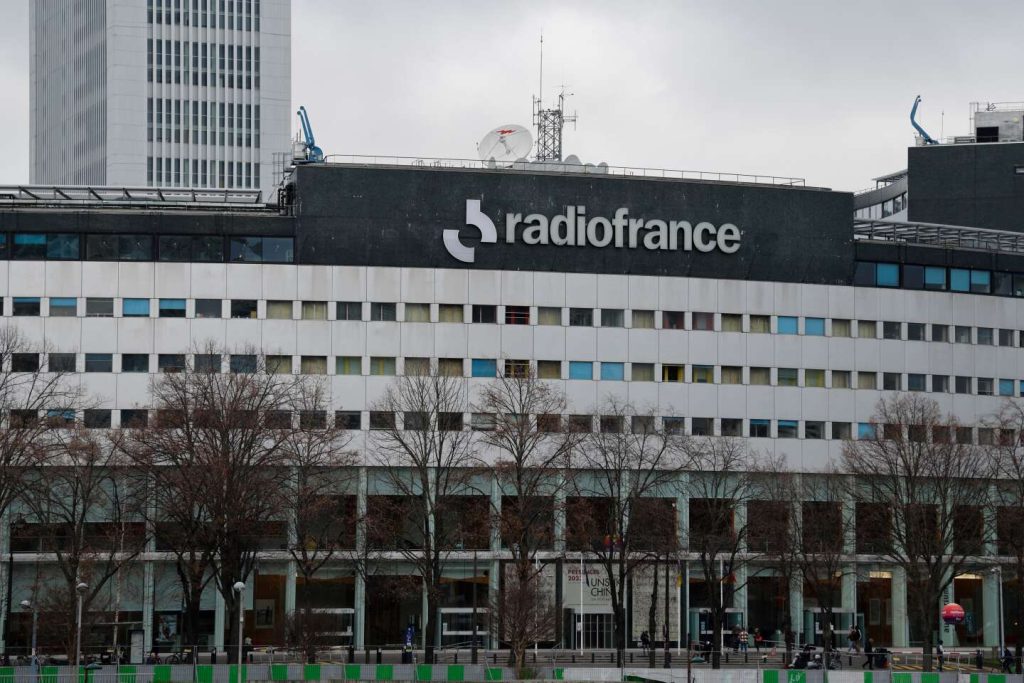The resurrection of the defunct ghost of the ORTF, the French Broadcasting Office, has been proposed by Minister of Culture Rachida Dati. This would involve integrating France Télévisions, Radio France, France Médias Monde (which includes France 24 and RFI), and the National Audiovisual Institute. Despite earlier indications that the Covid-19 pandemic had delayed this merger, Dati has reaffirmed her commitment to the idea, stating that a merged public broadcasting entity would be financially sustainable. However, considering the government’s past treatment of the public broadcasting sector, which included reducing the TV license fee and eliminating a dedicated tax, there is skepticism about whether this merger would lead to positive changes in budgetary decisions.
While it may be beneficial to encourage separate public broadcasting entities to work together on innovative projects, the proposed organic merger raises concerns reminiscent of the centralized control of the ORTF era, when governments closely monitored programming and information. This potential consolidation has sparked debate over whether it would enhance the diversity and independence of public media or lead to increased government influence. The government’s past actions suggest a lack of support for public broadcasting, raising doubts about the promises of financial stability and positive budget allocation associated with the proposed merger.
The complexities of merging diverse public broadcasting entities highlight the challenges of balancing editorial independence, financial sustainability, and government influence. The idea of a merged public broadcasting sector raises questions about how such a consolidation would impact the quality, diversity, and autonomy of media content in France. The government’s past treatment of public broadcasting, including budget cuts and the elimination of dedicated funding sources, has raised concerns about its commitment to supporting independent and diverse media outlets. As discussions about the merger continue, stakeholders must consider these challenges and strive to protect the integrity and independence of public broadcasting in France.
The debate over the proposed merger of public broadcasting entities reflects broader concerns about the role of media in society, the balance between government influence and editorial independence, and the future of public service media in France. The potential consequences of such a merger, including the impact on media diversity, quality, and independence, have sparked discussions about the government’s intentions and the importance of safeguarding a vibrant and independent media landscape. As stakeholders continue to debate the proposed merger, it is essential to consider the implications for public broadcasting, media diversity, and the democratic process in France.
Overall, the resurrection of the ORTF ghost through the proposed merger of public broadcasting entities has ignited a debate about the future of media in France, the role of the government in shaping public broadcasting, and the challenges of maintaining editorial independence and media diversity. As stakeholders grapple with these complex issues, they must consider the potential consequences of such a merger on the quality, independence, and diversity of media content in France. By addressing these challenges and working to protect the integrity of public broadcasting, stakeholders can ensure a vibrant and diverse media landscape that serves the public interest.















